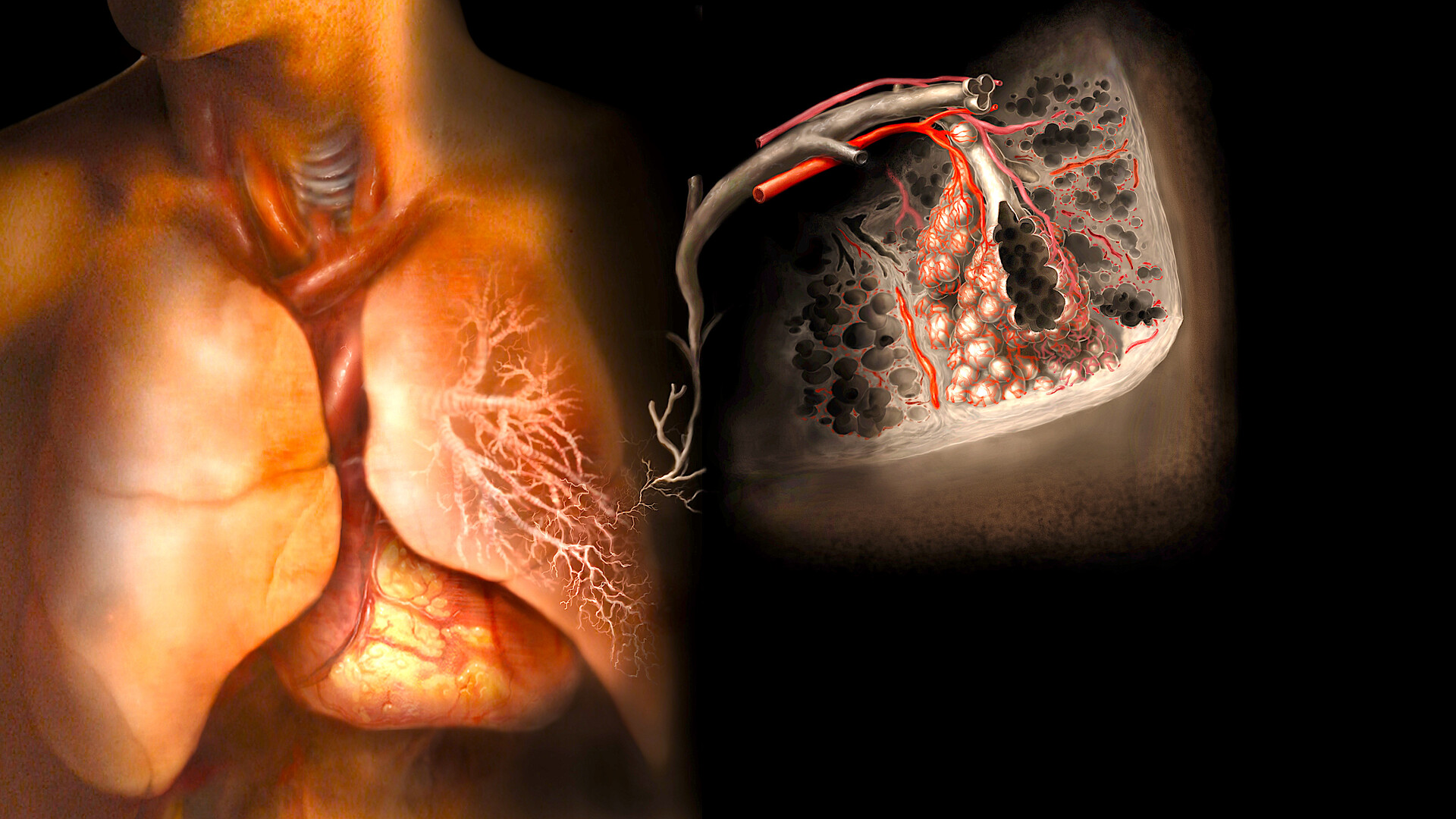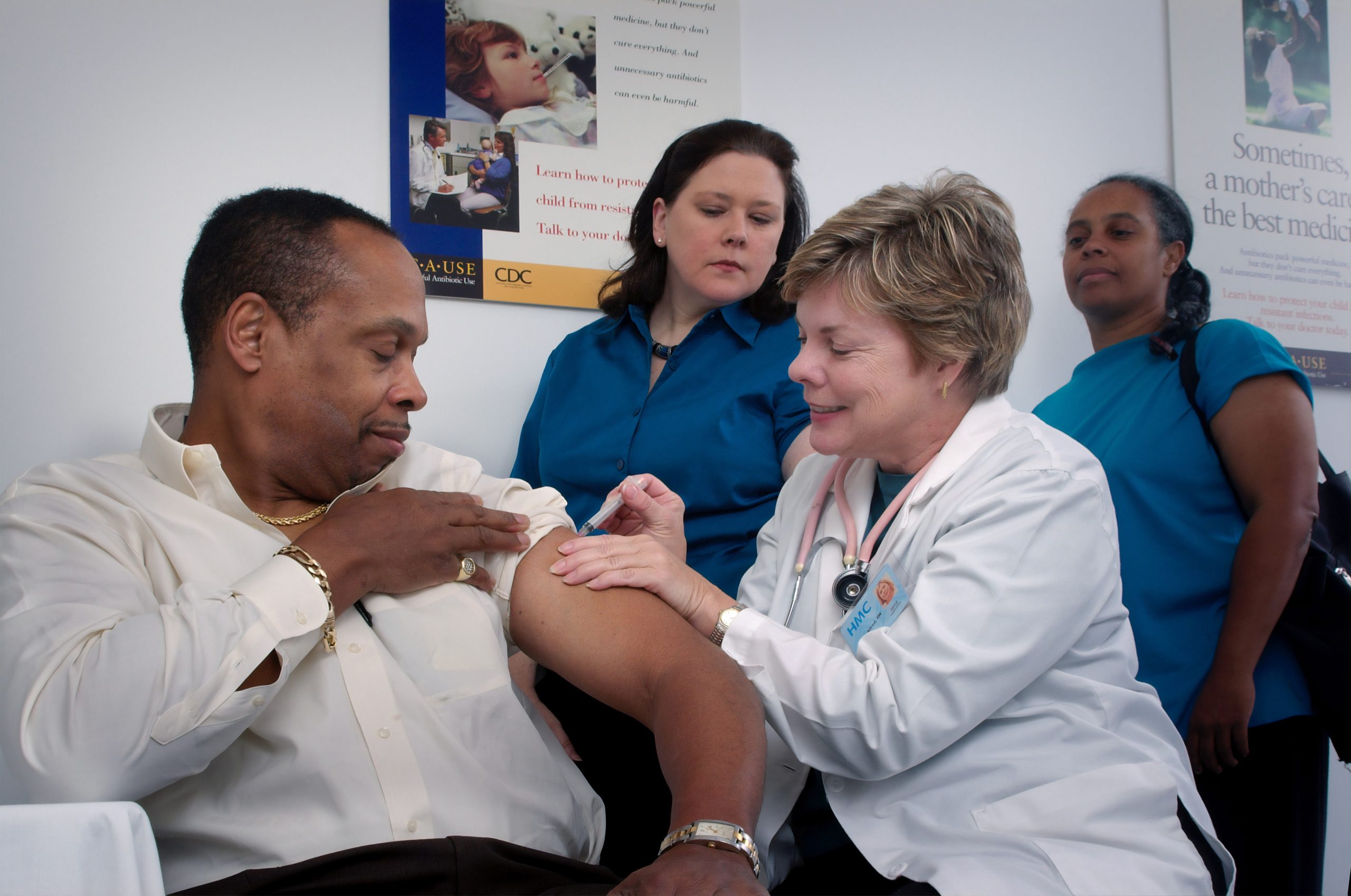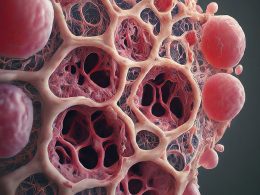In a world dominated by convenience, our eating habits have shifted towards ultra-processed foods, often at the expense of our health. These highly processed food products have become a staple in many people’s diets, but what are the risks associated with consuming them? This article aims to explore the dangers of ultra-processed foods, delving into their composition, health implications, and providing insights into making healthier dietary choices.
- Decoding Ultra-Processed Foods:
Ultra-processed foods are characterized by their industrial processing, typically involving multiple stages that result in significant alterations to the original ingredients. They often contain artificial additives, flavorings, and excessive amounts of refined sugars and unhealthy fats. This category encompasses a wide range of products, including sugary cereals, packaged snacks, frozen meals, and sweetened beverages.
- The Health Impact:
The consumption of ultra-processed foods has been linked to numerous health concerns. These products are typically high in calories but low in essential nutrients, leading to nutritional deficiencies and an increased risk of obesity, heart disease, and type 2 diabetes. Studies have also indicated a correlation between a high intake of ultra-processed foods and an elevated risk of certain types of cancer.
- The Hidden Dangers:
Beyond their poor nutritional profile, ultra-processed foods present hidden dangers. Excessive sodium levels in these products can contribute to hypertension and cardiovascular issues. Artificial additives and preservatives have been associated with adverse effects on gut health and potentially inflammatory responses within the body. Additionally, the addictive nature of these foods can lead to overconsumption and the development of unhealthy eating patterns.
- Making Informed Choices:
While the prevalence of ultra-processed foods may seem overwhelming, there are steps individuals can take to make healthier choices:
a. Emphasize whole, unprocessed foods: Prioritize a diet rich in fruits, vegetables, whole grains, lean proteins, and healthy fats. These provide essential nutrients and fiber, promoting overall well-being.
b. Read labels critically: Be mindful of ingredient lists and nutrition labels. Avoid products with lengthy ingredient lists, artificial additives, and excessive amounts of added sugars, sodium, or unhealthy fats.
c. Cook and prepare meals at home: By preparing meals from scratch, you have control over the ingredients used. Experiment with natural herbs, spices, and flavorings to enhance taste without compromising health.
d. Limit consumption of ultra-processed foods: Gradually reduce reliance on ultra-processed foods and incorporate them as occasional treats rather than staples in your diet.
- The Role of Society and Government:
Addressing the risks associated with ultra-processed foods requires collective action. Society as a whole must demand greater transparency and accountability from food manufacturers, encouraging the production of healthier alternatives. Governments should prioritize public health by implementing regulations that restrict the marketing and availability of ultra-processed foods and promote nutritious options in schools, workplaces, and public spaces.
Conclusion:
The prevalence of ultra-processed foods in our diets has far-reaching consequences for our health. Understanding the risks associated with these highly processed products is crucial for making informed dietary choices. By prioritizing whole, unprocessed foods and advocating for healthier alternatives, we can work towards a future where our food choices promote vitality and well-being.










